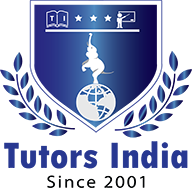A Comprehensive guide for beginners to start with python
Tagged: Dissertation Writing
What is Python?
Python is a programming language used for developing software and websites, analyzing data, and automating tasks. Python can be used to develop various programs and is beginner-friendly, making it one of the most preferred programming languages among IT professionals. Here is a step-by-step guide to getting started with Python.
- Install Python
- Select an Integrated Development Environment (IDE) or Text Editor
- IDLE: A basic IDE that comes with Python. IDLE stands for Integrated Development and Learning Environment.
- Visual Studio Code: A free and versatile code editor that supports Python.
- PyCharm: A sophisticated IDE created exclusively for Python development.
- Jupyter Notebook: An excellent tool for interactive coding and data analysis.
- Write the first program in Python
- Run the Python Program
- Save the document.
- There should be a “Run” or “Execute” option if you’re using an IDE. To start your programme, click it.
- Open a terminal or command line, navigate to the location where you have saved your file, and run the script with the Python command.
- Understand the Basics of Python
- Visit online libraries
- Be consistent and practice regularly
The latest version of Python software can be downloaded from the official Python website. Make sure the version is suitable for your operating system, whether it’s Windows, Linux, or macOS.
A text editor can be used to develop Python code, but an IDE can give a better coding experience. The following are some preferred options:
Create a new Python file with the.py extension in your text editor or IDE. To confirm that everything is in order, write a simple program that displays “Hello, World!”
Learn the basics of Python before proceeding with programming. Python is the easiest programming language and has a set of functions like print(), int(), str() and float(). Moreover, Python has a vocabulary consisting of reserved words, operators and operands to help you gain a better understanding of where they could be used.
Python has a large standard library, as well as many third-party libraries and frameworks. Depending on your interests, you can look into data manipulation libraries like NumPy and pandas, web development libraries like Django and Flask, and machine learning libraries like TensorFlow or PyTorch.
Practice is essential to learning Python (or any programming language). Solve coding problems, work on little projects, and then progress to more challenging tasks. Other measures like joining Python communities and forums and pursuing short courses will help hone your skills in Python.
For more guidance on various aspects of dissertation and coursework, check out our study guide.


